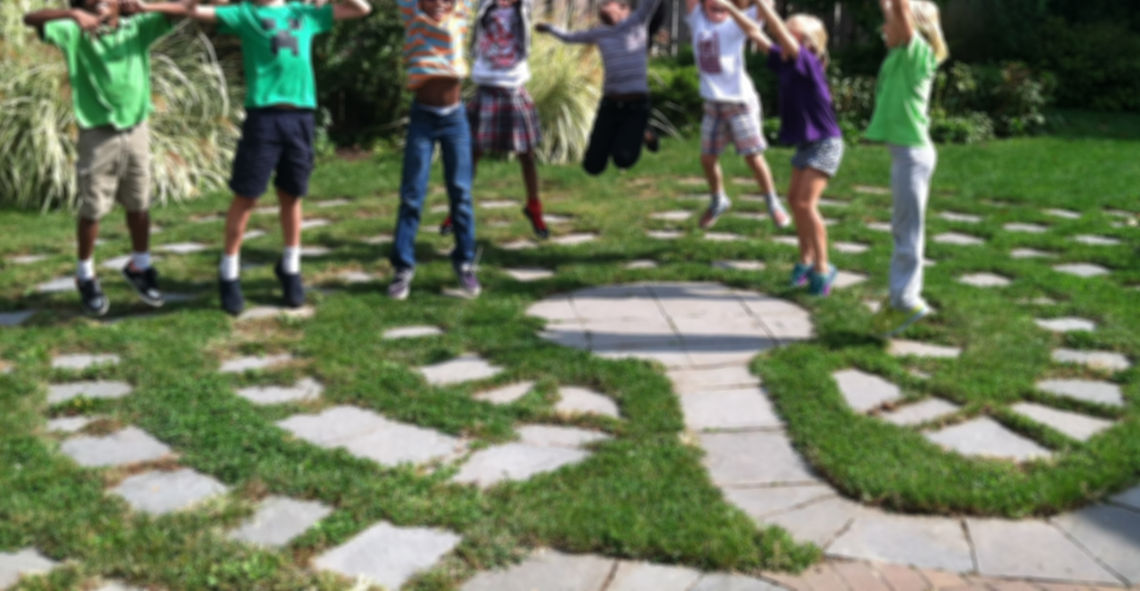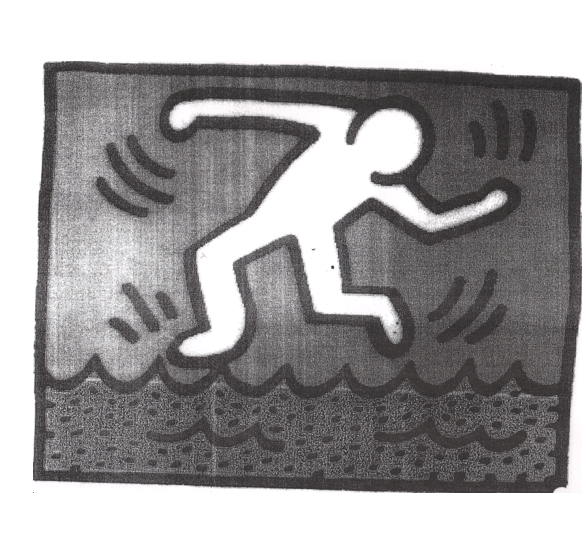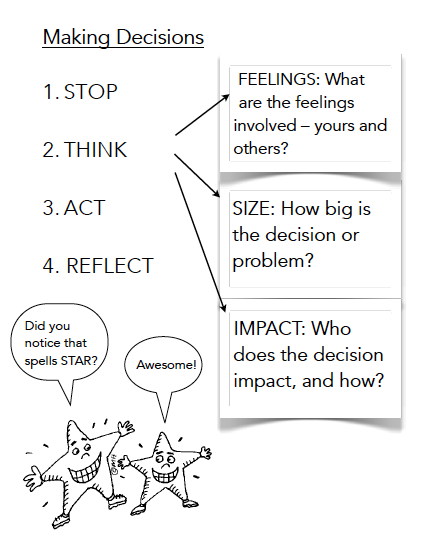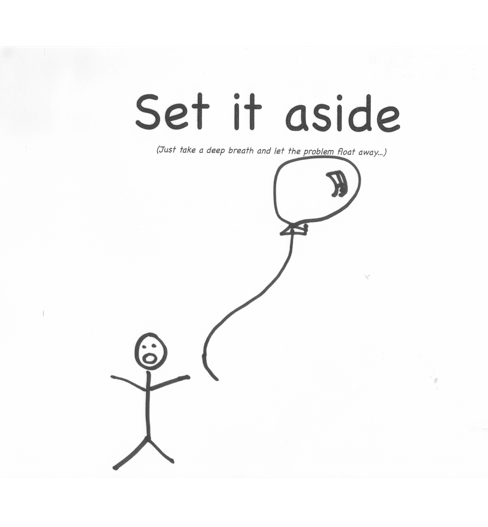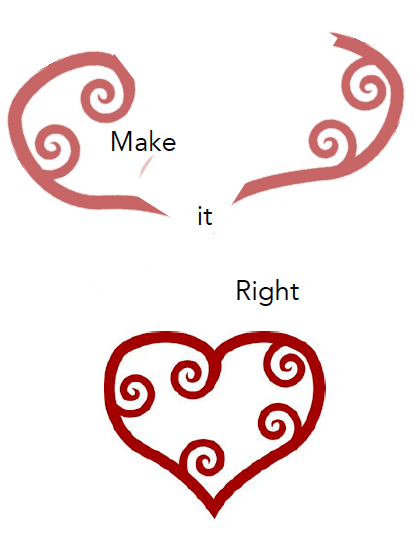- Home /
- Academic Journey /
- Social/Emotional Curriculum
Navigate
-
 pebble, rock, boulder
pebble, rock, boulder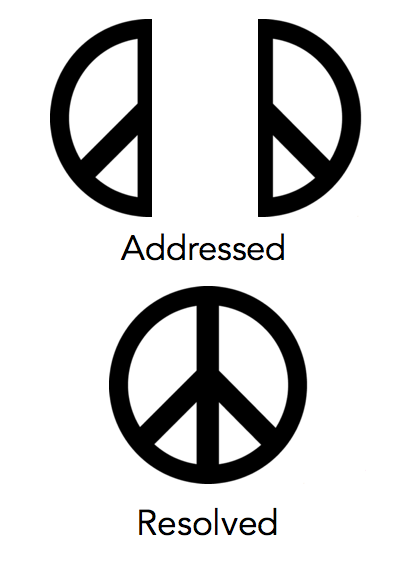 addressed / resolvedSocial/Emotional CurriculumLife Skills Mission Statement: At Greene Street Friends School, we seek to develop the whole child, and the Life Skills curriculum highlights our commitment to the social and emotional growth of children. Through a scope and sequence across grade levels, the program creates a common vocabulary for feelings identification, feelings articulation, self-advocacy, and conflict resolution. We believe in the importance of proactively empowering students' emotional growth and healthy decision-making. The common images, vocabulary, and concepts, delivered both formally and informally throughout the school year, enhance our school community by helping all students feel secure and ready to learn.
addressed / resolvedSocial/Emotional CurriculumLife Skills Mission Statement: At Greene Street Friends School, we seek to develop the whole child, and the Life Skills curriculum highlights our commitment to the social and emotional growth of children. Through a scope and sequence across grade levels, the program creates a common vocabulary for feelings identification, feelings articulation, self-advocacy, and conflict resolution. We believe in the importance of proactively empowering students' emotional growth and healthy decision-making. The common images, vocabulary, and concepts, delivered both formally and informally throughout the school year, enhance our school community by helping all students feel secure and ready to learn.How often is Life Skills taught? Once weekly per grade, on average, with vocabulary and concepts peppered into everyday interactions in and out of the classroom.
Who teaches Life Skills? Primarily the classroom teacher or advisor. Some lessons are also taught by the School Counselor, and some are taught by Specialists in art, music, or PE. Everyone in the community is familiar with Life Skills and uses the common language.
Examples of Common Vocabulary:Term Definition Addressed versus Resolved When we say "sorry" but don't mean it, we are addressing and not resolving a problem. Real resolution means making it right with people involved and any bystanders. You can tell a conflict has been addressed and not resolved if it still feels heavy, if it pops up later, and if someone says, "so and so always does that." Double Dip Feelings / Multiple Emotions We all experience more than one feeling at the same time. Some emotions are near the surface and some lie deeper. We tend to react out of the one that is most familiar to us. Noticing and naming our double dip feelings is a very helpful skill.
Matching messages When our voice, face, and body all say the same thing, we are giving matching messages. If we laugh even though we're upset, our messages don't match and others believe we're fine. Using matching messages helps people understand our real feelings. Reading matching messages helps us to empathize with others.
Pebble, Rock, Boulder This is a tool for assessing the size of our problems or conflicts. Small ones, like pebbles, are manageable on their own but can add up. Medium ones, like rocks, can be harder to manage and weigh us down. Big problems, like boulders, require help. People can see problems as being different sizes, and recognizing this can help with resolution.
Structure of our Life Skills Model:-
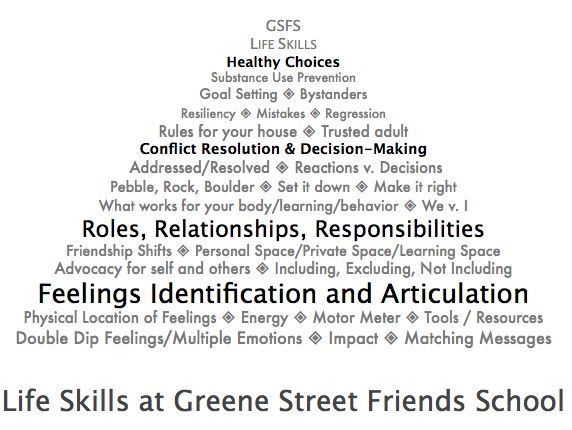 The GSFS Life Skills model is like a pyramid. At the foundation are the building block skills of feelings identification and articulation. The next layer provides understanding of how to move through our various roles, relationships and responsibilities. A layer of strong decision making and conflict resolution skills builds on top of that. Finally, at the apex of the pyramid are the more complex skills for facing trickier topics or riskier situations. In the Life Skills curriculum, each year’s lessons “drill down” to the skills taught in the previous years. The curriculum is designed with a scope and sequence so that each grade experiences lessons tailored to its developmental level covering concepts in all of the layers. Life Skills vocabulary and concepts are infused, understood, and used beyond the classroom. Administrators and faculty who do not directly instruct students are versed in Life Skills and approach situations with students with a common constructive stance.Life Skills Lesson Main Ideas:
The GSFS Life Skills model is like a pyramid. At the foundation are the building block skills of feelings identification and articulation. The next layer provides understanding of how to move through our various roles, relationships and responsibilities. A layer of strong decision making and conflict resolution skills builds on top of that. Finally, at the apex of the pyramid are the more complex skills for facing trickier topics or riskier situations. In the Life Skills curriculum, each year’s lessons “drill down” to the skills taught in the previous years. The curriculum is designed with a scope and sequence so that each grade experiences lessons tailored to its developmental level covering concepts in all of the layers. Life Skills vocabulary and concepts are infused, understood, and used beyond the classroom. Administrators and faculty who do not directly instruct students are versed in Life Skills and approach situations with students with a common constructive stance.Life Skills Lesson Main Ideas:
We've captured snapshot summaries of our Life Skills lessons by grade level. For a sample look, click below to see the main ideas of sixth grade lessons. If you are interested in seeing the main ideas for a different grade level, please contact the Dean of Middle School, Kiri Harris, at kharris@greenestreetfriends.org.-
6thlifeskillsmainideasAnd Finally... Five Reasons We’re Excited About Life Skills at GSFS!
Reason 5: It’s practical. Through Life Skills lessons, teachers demystify feelings for kids, helping them locate, identify and articulate emotions in concrete ways that make sense.
Reason 4: It’s proactive. The spiraling Life Skills curriculum anticipates what topics will emerge at each age and provides tools ahead of time.
Reason 3: It’s unifying. Life Skills provides a common language to bring greater inclusiveness and continuity to the community and so that we can solve problems together
Reason 2: It’s effective. We see the difference. Mistakes and conflicts now feel more like expected opportunities to practice skills and less like unwelcome emergencies.
Reason 1: It’s a perfect fit. Nothing fits better than a program that you develop yourselves. Life skills is a living, breathing curriculum that we adjust and improve continually to meet the goals of our community.
-
Clone Homework
Cloning this assignment will create new assignments that copy all the current information associated with this assignment. The only change will be the date which will be based on the information you enter below. Once you have cloned an assignment, information updated in one of the cloned assignment will not affect the other cloned assignments.
